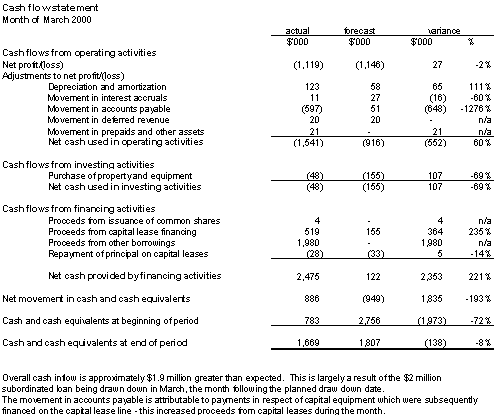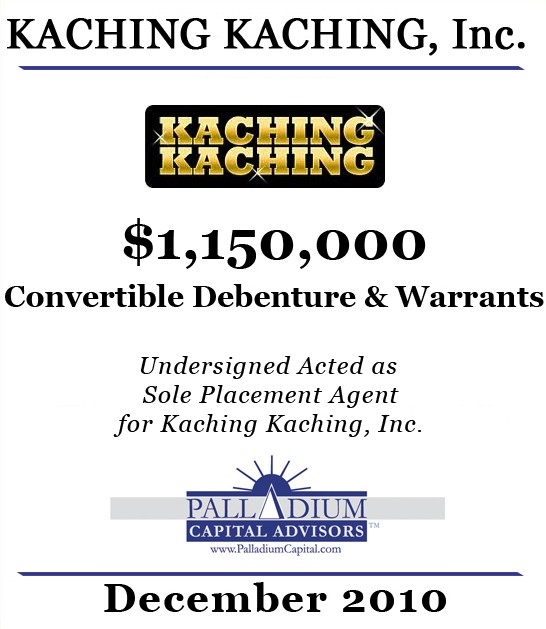Promissory Notes Warrants
Post on: 16 Март, 2015 No Comment

In this post, we will briefly discuss Promissory Notes and Warrants and their characteristics. Promissory Notes are a type of negotiable instrument. Negotiable instruments are legal documents guaranteeing the payment of money. A Warrant is a right to buy stock in a company at a future date at a pre-determined price.
A small business can protect itself from the many risks involved in giving loans to clients by making use of a Promissory Note. Anytime you extend credit to a client, you get the client to sign a Promissory Note guaranteeing payment.
What is a Promissory Note?
In Canada, Promissory Notes are governed by the Bills of Exchange Act (the BEA), which provides that they are unconditional promises in writing, made by one or more persons to another, engaging to pay a certain sum of money subject to certain requirements as to the promise. Section 176 of the BEA defines a Promissory Note as follows:
176. (1) A promissory note is an unconditional promise in writing made by one person to another person, signed by the maker, engaging to pay, on demand or at a fixed or determinable future time, a sum certain in money to, or to the order of, a specified person or to bearer.
A Promissory Note is typically written when you lend money to another person. The note must be signed by the promisor. It can be payable to a person specified in the note. You can specify the terms and conditions of your arrangement in a Promissory Note.
Investors look at Warrants as an incentive for them to invest in your business. Investors can sell a warrant to a third party at a price determined by them. A Warrant can be issued for a long duration. The longer the term that the Warrant is used for, the more attractive it is to investors.
Here are some of the characteristics of a Promissory Note:
- A Promissory Note is used to make sure there is proof of a party’s promise to pay the other. It is used in real estate transactions to ensure timely payments. It is used by corporations who are looking to increase the line of credit, as it is one of the most secure ways to get payment. It is used in case of business loans. It is especially useful in case of loans given to family or friends as the Promissory Note will be legally binding on the debtor to repay the full amount of loan according to its terms and conditions.
What is a Warrant certificate?

A Warrant is a security that entitles the holder to buy the underlying stock of the issuing company at a fixed price until the expiry date. It gives the holder the right but not the obligation to buy a specific amount of securities, at a specific price, within a specific date.
Types of Warrants:
There are two different types of Warrants: a Call Warrant and a Put Warrant. A Call Warrant represents a specific number of shares that can be purchased from the issuer at a specific price, on or before a certain date. A Put Warrant represents a certain amount of equity that can be sold back to the issuer at a specified price, on or before a stated date.
Here are some characteristics of a warrant:
- A warrant is a derivative security. [A derivative security is a financial instrument whose price is dependent on the value of the underlying stock.]
- A warrant gives the holder the right to purchase securities from the issuer.
- It can be purchased for a specified price within a specified time.
- Warrants are issued and guaranteed by the issuing company. A warrant corresponds to a specific number of shares. All warrants have certain particulars like a specified expiry date and the last day the rights of a warrant can be executed. The underlying instrument the warrant is representing is also stated on the warrant certificate. Warrants are transferable. Warrants have a strike price. The strike price is the amount to buy or sell shares or equity. The payment of the strike price results in the transfer of the specified amount of the underlying instrument. The holder of a warrant does not have any voting, shareholding or dividend rights. Even if decisions regarding the functioning are affecting him, he does not have any say in the making of those decisions. Warrants are high-risk yet high-return investment tools. Warrants are included in the offering to entice investors to buy new security. Warrants are a good option for private investors because the cost of a warrant is generally low, and the initial investment needed for a large amount of equity is quite small.
The Promissory Note can be used to protect you against clients having a poor credit history. Investors look at Warrants as a way to motivate them to invest in the company. This usually depends on the potential of the company. the higher the growth potential of the company, the more attractive the Warrants.
Please do not hesitate to contact us with any questions or comments. Please note that the information on this blog post or in any other part of this site does not constitute legal advice to you for your specific circumstances. For actual legal advice, please be in touch and we will attempt to assist you or refer you to the appropriate advisor.














